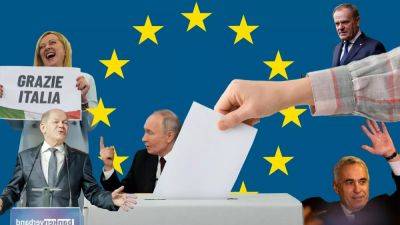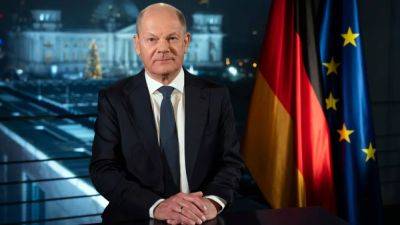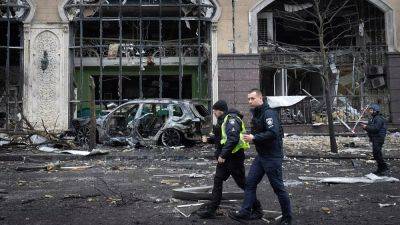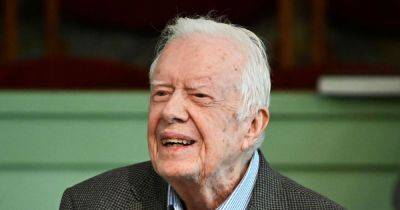What's next for the German government?
The last time a German chancellor asked a vote of confidence was almost 20 years ago.
But December 16 will see German leader Olaf Scholz ask members of the Bundestag to vote if they still support him. Scholz is widely expected to lose the vote, which will see German President Frank-Walter Steinmeier dissolve parliament in under three weeks, paving the way for snap elections as early as February 23.
Why is the vote being called now?
The German government collapsed just hours after US President Donald Trump was elected for a second time, with Scholz firing German Finance Minister Christian Lindner in a surprising display of emotion that was on display during the press conference that followed.
Since then, it has emerged that Lindner's party pre-planned the break up of the coalition, and despite their best efforts to try to have early elections held early to claw back some popularity, there are concerns that the Liberals (FDP) won't reach more than the 5% threshold needed to enter parliament.
Professor of political studies Dr Hajo Funke says that whilst the FDP are the biggest losers of Scholz holding his vote of confidence, the other coalition parties are benefiting.
"The SPD and Greens, on the other hand, appear to benefit from the coalition’s end. SPD leader Olaf Scholz feels liberated by the dissolution of the coalition," he says.
"There’s renewed debate about whether a ceasefire in Ukraine is possible. Scholz sees this as advantageous, especially as the Greens and CDU have supported escalation strategies that many in the public no longer favour. Second, there’s the economic crisis and differing approaches to tackling it. The CDU has been hesitant to adjust the 'debt brake,' although economists argue reform is necessary.








